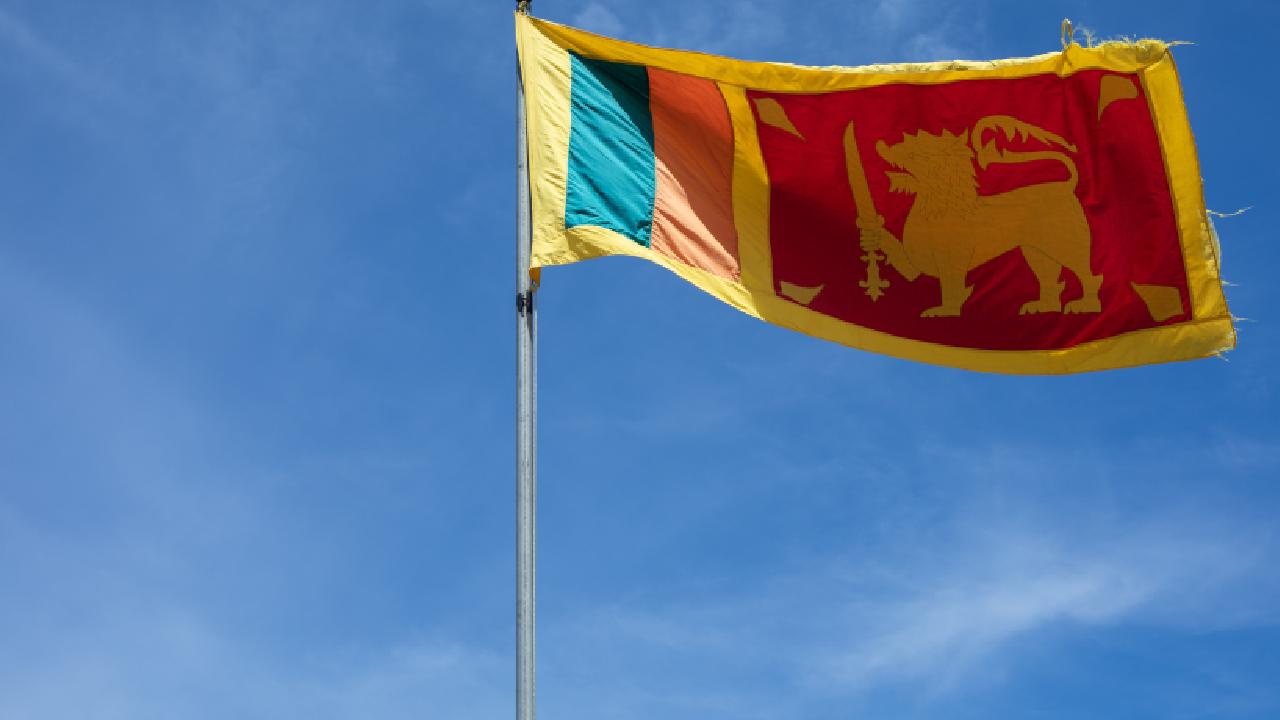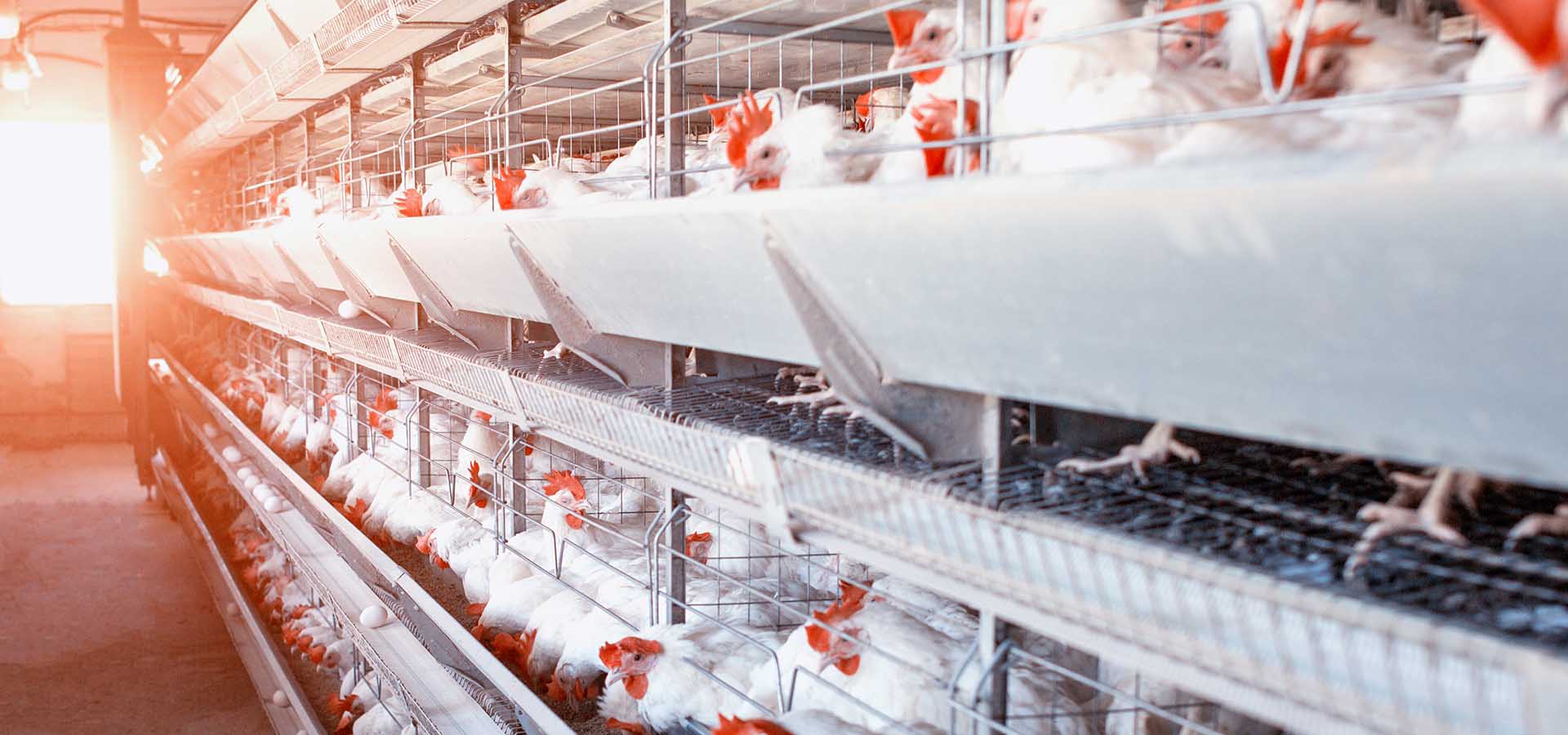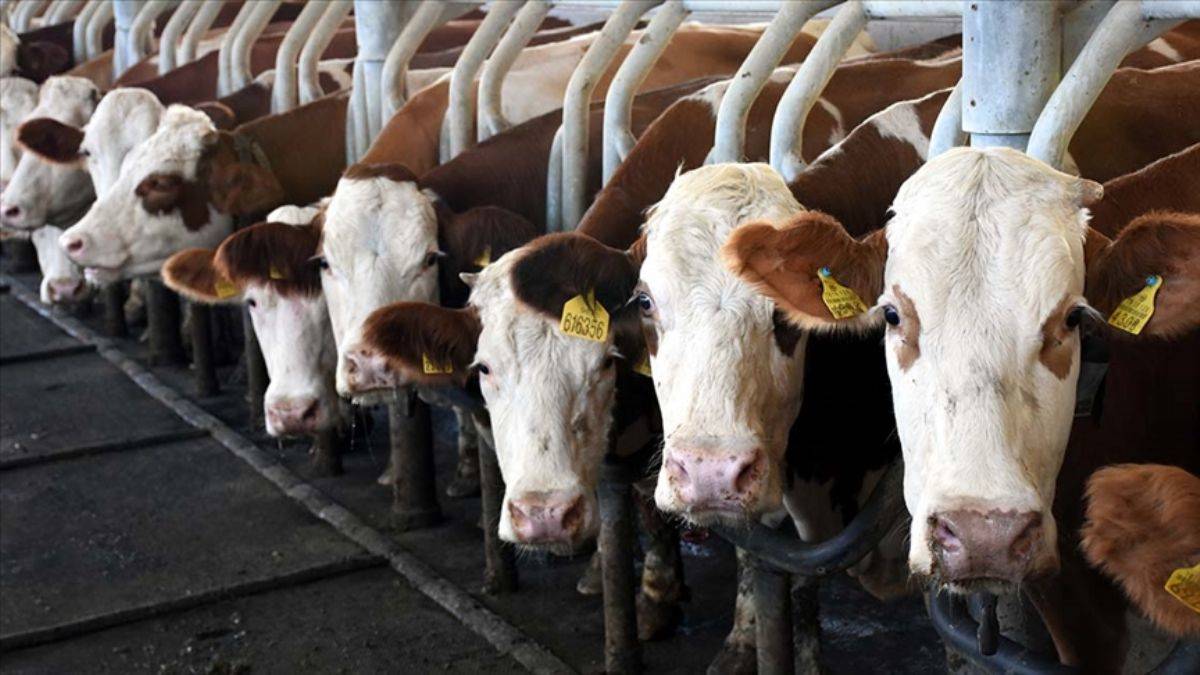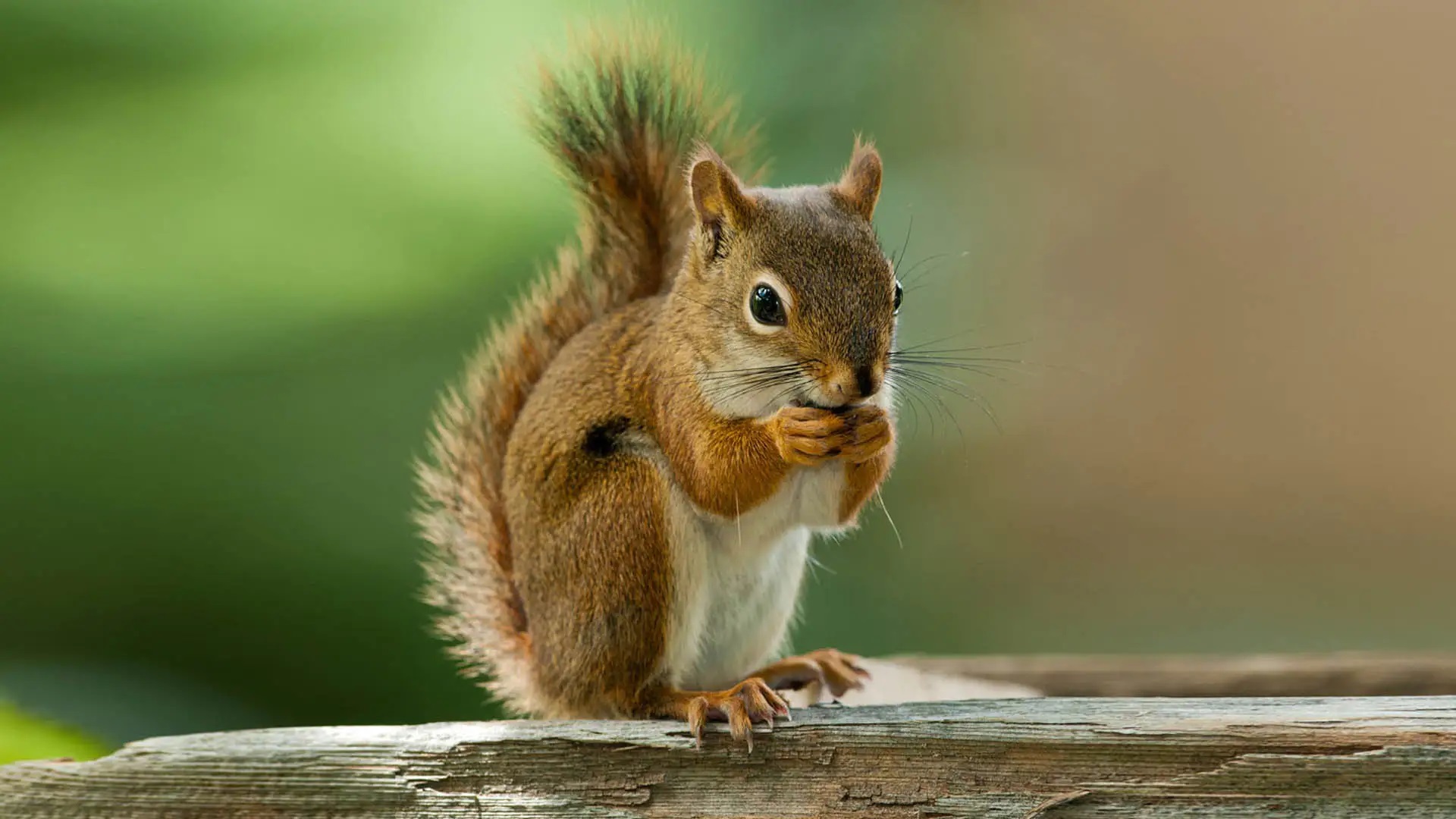
A Sri Lankan company wants to purchase injectable medicines for cattle use.
Sri Lanka’s economy has a trade-oriented structure, wholesale and retail trade (which includes trade in products and services in the domestic market and foreign trade) accounts for 21% of GDP according to 2011 figures and is the largest sub-sector in GDP.
Sri Lanka is one of the most liberal countries in South Asia in terms of the trade environment, but the country’s high import trend causes a persistent trade deficit. International trade is mainly concentrated in the capital city and 90% of all exports and imports pass through the Port of Colombo. Although there are many small and medium-sized importers, 20 to 30 relatively large firms carry out the bulk of international trade. Few importers have distribution networks in other parts of the country, with the majority of importers wholesale directly to regional distributors or retailers.
Most of the manufacturing industry production is carried out in export-oriented production facilities owned by the private sector. In the manufacturing industry, the ready-made clothing sector takes the lead. On the other hand, the production of food and beverage, chemical products, rubber products is also important. Although the output of the agricultural sector is declining, the sector remains important in terms of GDP, as it employs one-third of the workforce and has strong indirect ties to the manufacturing industry and the services sector.
A Sri Lankan company wants to purchase injectable medicines for cattle use.




